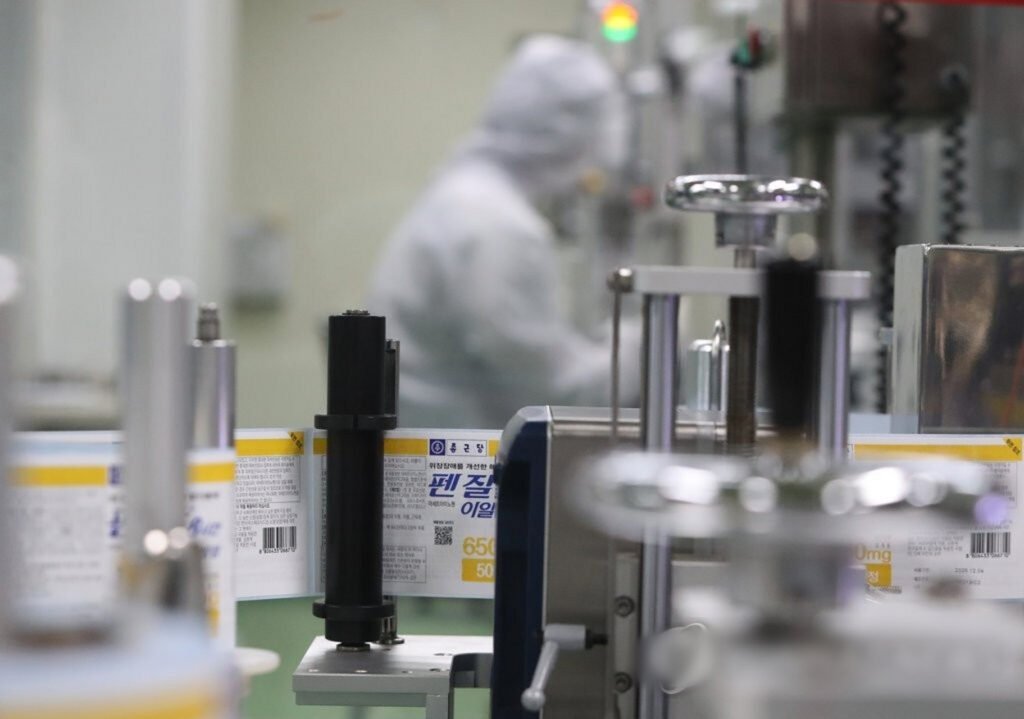
High-temperature heat pumps can play a significant role in energy saving and environmental protection in the production of cold medicine, especially in processes that require heating, cooling, evaporation and other links. The following is a typical application case:
Application background
The production process of cold medicine involves many links that require temperature control, such as:
- Solvent recovery: The organic solvent is evaporated by heating and then condensed and recovered.
- Material drying: In the pharmaceutical process, materials need to be dried at low or high temperatures.
- Reactor temperature control: Heating or cooling the materials in the reactor at a constant temperature.
- Waste heat utilization: A large amount of low-grade waste heat is generated during the pharmaceutical process, such as the waste heat of cooling water and the latent heat of steam condensation.
Traditional processes usually rely on boiler heating and cooling tower cooling, which consumes a lot of energy and has low heat utilization efficiency.
Application of high temperature heat pump
High-temperature heat pumps achieve high efficiency and energy saving by recovering waste heat during the production process, “heating” it to a higher temperature and then reusing it.
Typical application scenarios
- Heating and cooling of the reactor:
- The heat pump can provide a stable high-temperature heat source (such as 80~120°C) for the reactor, avoiding the use of gas boilers or electric heating.
- At the same time, it can provide cooling function (such as cooling water below 20°C), reducing dependence on cooling towers.
- Hot air supply during drying process:
- High-temperature heat pump can convert low-temperature waste heat into high-temperature hot air for use in drying equipment.
- Improve drying efficiency while reducing fuel consumption.
- Solvent recovery:
- During the solvent evaporation process, the heat pump recovers the latent heat of evaporation to improve the solvent evaporation efficiency, and the heat pump condensation module can be used to increase the condensation rate.
- Joint supply of workshop refrigeration and heating:
- The high-temperature heat pump can provide cooling and heating at the same time, providing a constant temperature environment for the clean workshop.
Actual cases
A cold medicine production line of a pharmaceutical company
- Project status:
- Daily Wastewater treatment volume: 50 tons
- Original process: coal-fired boiler + cooling tower
- Renovation content: Introduction of high-temperature heat pump system for solvent recovery and workshop heating
- Energy saving effect:
- Heat pump operating COP (coefficient of performance): 4.0
- Recover about 200kW of low-grade heat and provide high-temperature hot water (95°C) for reactor heating
- Save approximately 800 tons of standard coal annually and reduce carbon dioxide emissions by 2,000 tons.
- Economic benefits:
- Initial investment payback period: 1.5 years
- Operating costs are reduced by more than 30% compared with traditional methods.
Summary of advantages
- Energy saving and emission reduction: Reduce energy consumption and carbon emissions through Waste heat recovery.
- High stability: The heat pump temperature control is precise to ensure the quality of pharmaceutical production.
- Low operating costs: Significantly lower operating costs compared to traditional boilers and cooling towers.
- Environmental compliance: Meet the environmental requirements of the pharmaceutical industry.
If your company also wants to explore similar application scenarios, I can provide more detailed technical suggestions and implementation plans!


